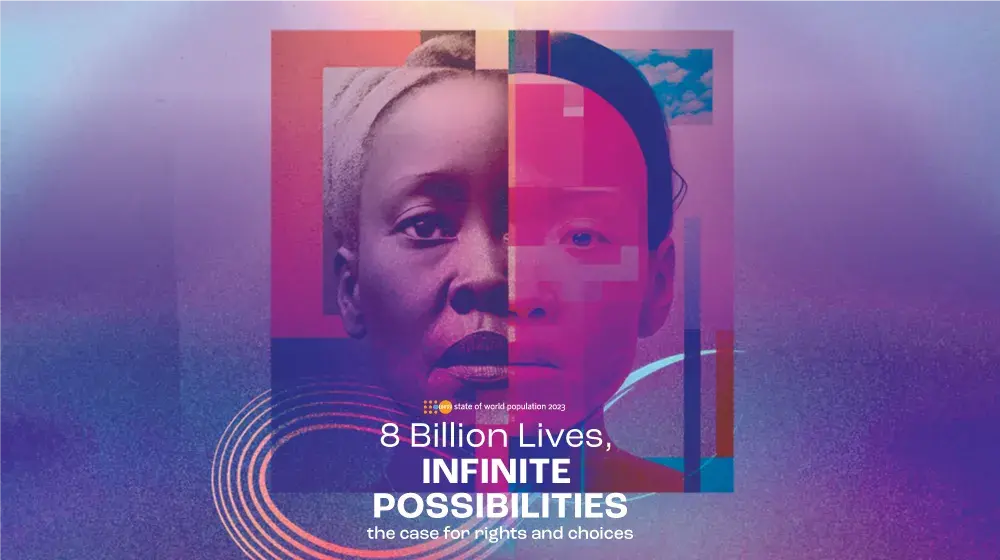8 Million Lives, Infinite Possibilities: The Case for Rights and Choices
The world’s population surpassed 8 billion people.
Are we too many in the world? Or are we too few?
Or are we asking the wrong question?
At this landmark demographic moment, it can be tempting to draw the easy conclusion that population dynamics are the root cause of multiple, intersecting challenges facing our world.
But the truth is, the number of people was never the problem.








